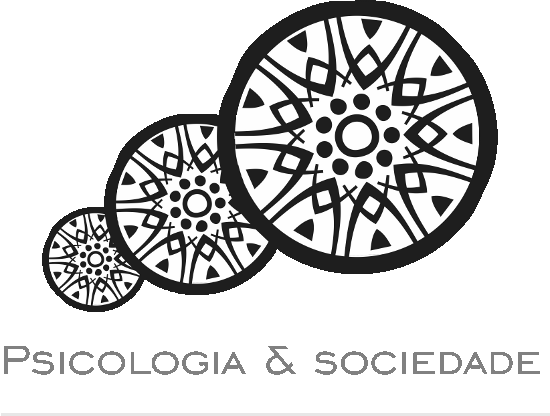The concept of consciousness is central in Socio-historical psychology. However, the psyche can not be equated with consciousness. Based on the assumptions of Vygotsky, as well as employees and students of his work, we analyze how the unconscious appears within this theoretical model and find a building fundamentally different from that usually present in psychology. We realize the unconscious as a cultural construct, the result of organization of society and that is both social and individual. It can only be taken as constant in relation to consciousness and is characterized by the absence of meaning and significance. It is potentially conscious, which is through the catharsis, and awareness as well as it is manifested in the actions of individuals, characterizing behavior disoriented, fragmented, disjointed and somewhat limiting.
unconscious; socio-historical psychology; consciousness
